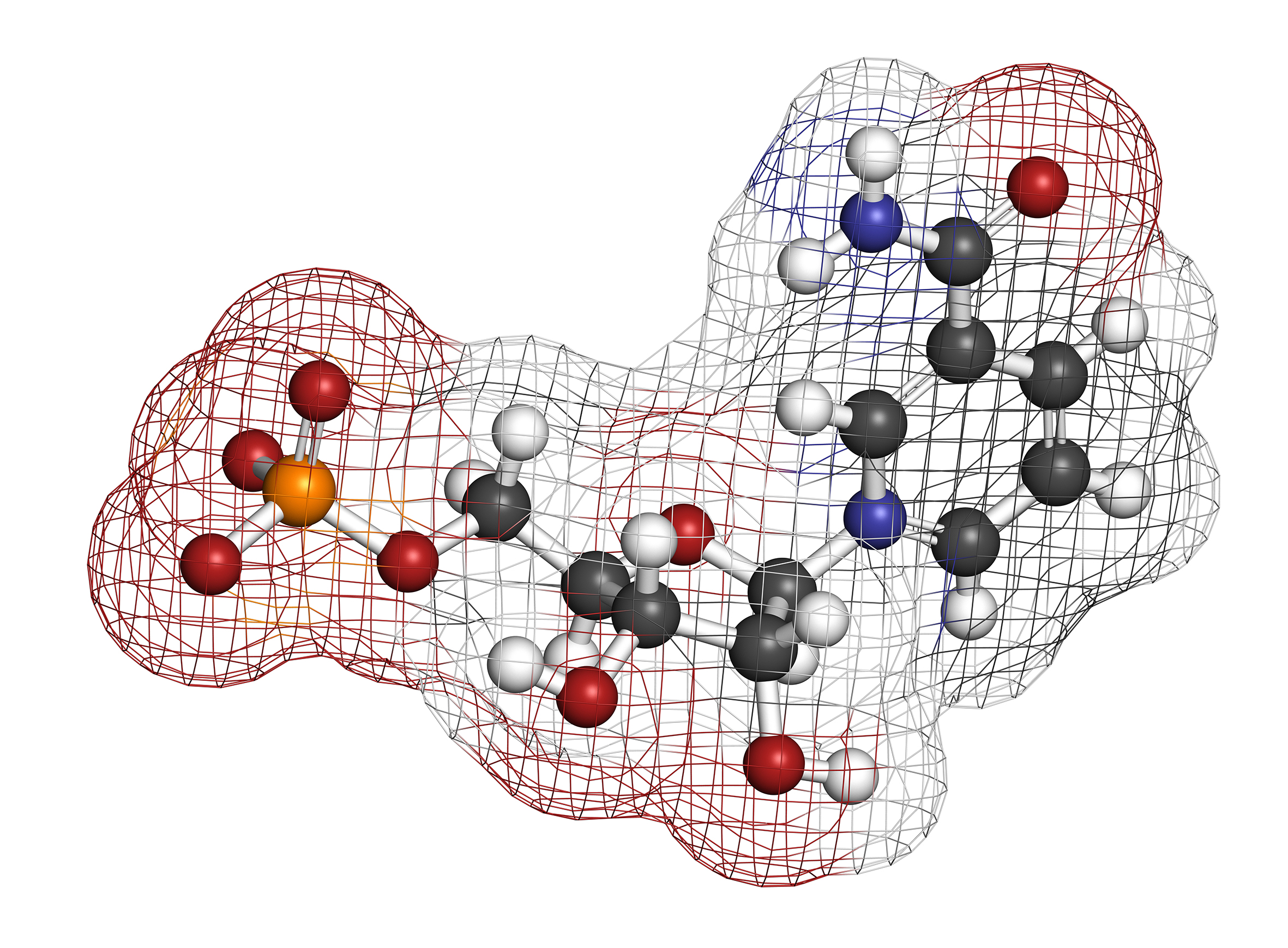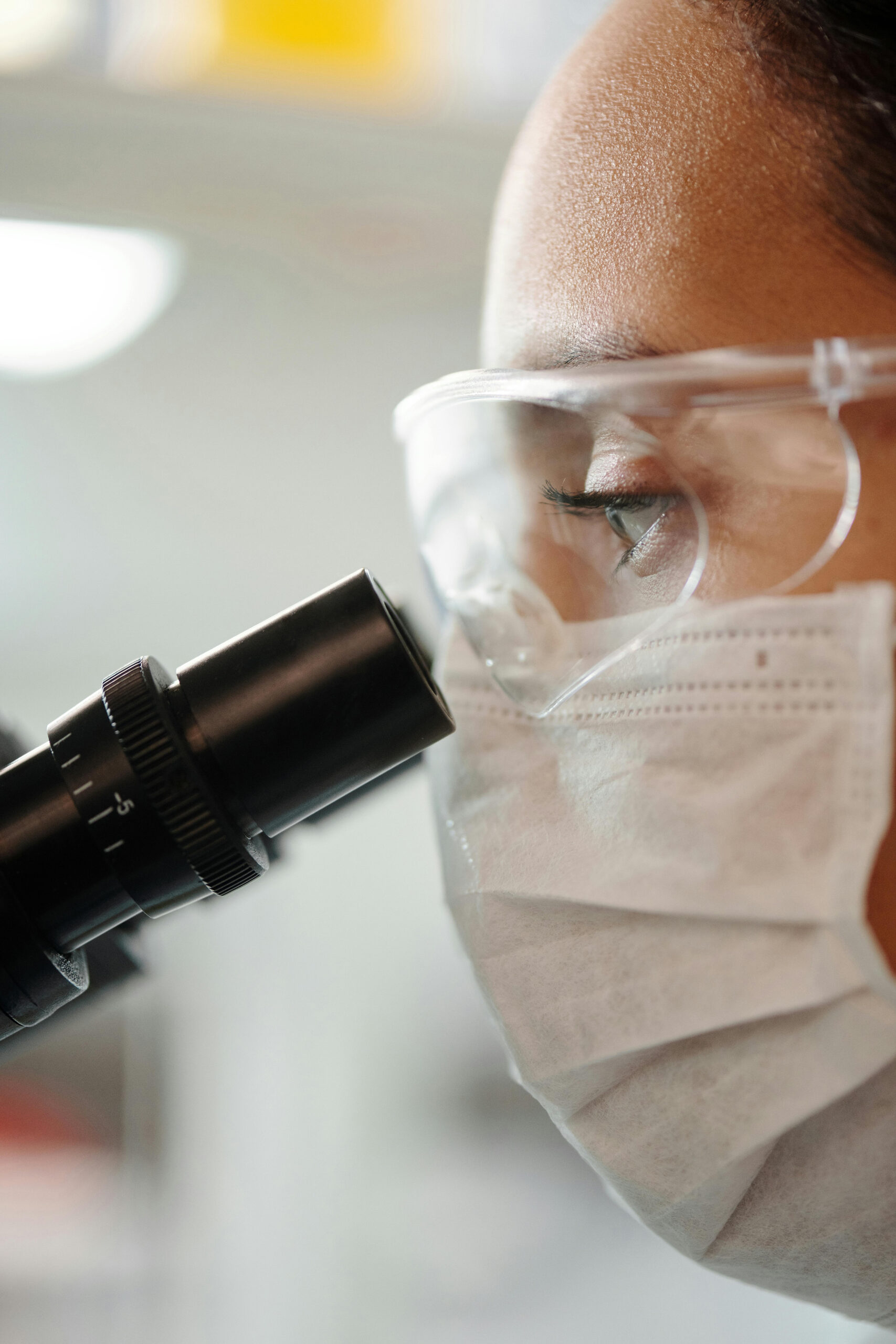
Famed Hollywood thespian Frances McDormand once commented, “With ageing, you earn the right to be loyal to yourself.”
Indeed, as we become older, we owe it to ourselves to fight against the effects of ageing and find ways to live longer and healthier. A large part of this involves taking in the right nutrients and compounds to improve our health and strengthen or rejuvenate our body.
For this purpose, researchers have been focusing on a growing list of promising compounds that may help to combat ageing and support healthy ageing in older adults.
The Prime Longevity Series is a new series of articles dedicated to looking at compounds and ingredients that may help us to age healthily and gracefully.
One ingredient that has captured the attention of scientists and wellness enthusiasts alike in recent times is Nicotinamide Mononucleotide (NMN). Known for its potential to enhance cellular energy, improve metabolism and combat ageing, NMN is often heralded as a revolutionary breakthrough in longevity science.
But what exactly is NMN, how does it work, and what does the evidence say about its potential benefits for human health and lifespan?
WHAT IS NMN?
Nicotinamide Mononucleotide (NMN) is a naturally occurring molecule found in every living cell that helps to power your body. It is a type of molecule called a nucleotide. Nucleotides play many roles in our body, including being the building blocks of DNA.
It is a precursor to Nicotinamide Adenine Dinucleotide (NAD+), a co-enzyme that plays a critical role in many biological functions, particularly energy metabolism. NAD+ is essential for the conversion of nutrients into energy, DNA repair, cellular defence mechanisms, and regulating circadian rhythms.
 As we age, the levels of NAD+ in our bodies decline, leading to a decrease in cellular function and an increase in the hallmarks of ageing, such as fatigue, inflammation and metabolic imbalances.
As we age, the levels of NAD+ in our bodies decline, leading to a decrease in cellular function and an increase in the hallmarks of ageing, such as fatigue, inflammation and metabolic imbalances.
Thus, NMN is seen as a potential solution to this problem. By supplementing NMN, we can potentially boost NAD+ levels, which may slow down or even reverse some of the cellular ageing processes, and improve our metabolism, cognitive function and skin health. This has led to widespread interest in NMN as an anti-ageing supplement, especially given its success in animal studies.
THE SCIENCE BEHIND NMN AND NAD+

To understand why NMN is so important, it is crucial to first comprehend the role of NAD+ in our cells. NAD+ is involved in several vital metabolic reactions, including glycolysis, the Krebs cycle, and oxidative phosphorylation. Without NAD+, cells would struggle to produce ATP, the primary energy currency of the cell. NAD+ also functions as a signalling molecule that helps to regulate key processes like DNA repair and stress resistance.
One of the key functions of NAD+ is its interaction with sirtuins, a group of enzymes often called “longevity proteins.” Sirtuins regulate cell survival, energy metabolism, inflammation, and ageing.
They play a significant role in promoting health and longevity. However, sirtuins require NAD+ to function properly, and as NAD+ levels decline with age, so too does sirtuin activity. This decline has been linked to various age-related diseases, including neurodegenerative conditions, cardiovascular diseases and metabolic disorders like diabetes.
For this reason, it is believed that increasing NAD+ levels through NMN supplementation can restore sirtuin activity, mitigate age-associated functional decline and ameliorate a variety of age-associated pathophysiologies. Conversely, it promotes a range of health benefits, from enhanced energy production to improved DNA repair.
NMN AND ITS POTENTIAL BENEFITS
The supplementation of NMN is believed to bring about certain benefits, including:
Enhanced Energy Production
One of the most well-documented effects of NMN supplementation is its ability to boost energy levels. As we age, mitochondrial function declines, leading to fatigue and reduced endurance.
Mitochondria are the powerhouses of the cell, and they rely on NAD+ to generate ATP.
By increasing NAD+ levels, NMN can help to restore mitochondrial function, leading to improved physical endurance, reduced fatigue, and better overall energy levels. In a 2016 study conducted on mice, researchers found that older mice given NMN displayed energy levels and physical capabilities similar to those of much younger mice.
This suggests that NMN could potentially help mitigate age-related declines in physical performance in humans as well.
Improved Metabolism
Ageing is often accompanied by metabolic changes, including weight gain, insulin resistance and a slowdown in metabolic rate. These changes are largely driven by declining NAD+ levels.
NMN has been shown to improve glucose tolerance and insulin sensitivity in animal models, which suggests it may be beneficial for individuals at risk of age-related metabolic disorders, such as type 2 diabetes.
One study published in Cell Metabolism found that NMN supplementation improved glucose metabolism in older mice, leading to a reduction in age-related weight gain and enhanced insulin sensitivity. This has significant implications for the potential use of NMN in managing metabolic conditions associated with ageing.
DNA Repair and Cellular Health
DNA damage accumulates as we age due to factors like oxidative stress and environmental toxins. When NAD+ levels drop, our cells’ ability to repair DNA becomes impaired.
This contributes to ageing and the development of age-related diseases. NMN supplementation may increase NAD+ levels and improve the function of enzymes responsible for repairing DNA damage.
This function was demonstrated in a 2017 study where researchers from Harvard Medical School found that NMN enhanced DNA repair in mice exposed to radiation, a known cause of DNA damage. The findings suggest that NMN could play a role in enhancing cellular health and longevity by facilitating more efficient DNA repair.
Cardiovascular Health
Heart disease is one of the leading causes of death worldwide, and its risk increases with age. NMN has shown promise in improving cardiovascular health by enhancing blood flow and reducing arterial stiffness.
A study published in Nature Communications found that NMN supplementation restored the elasticity of blood vessels in ageing mice, improving overall cardiovascular function.
Moreover, NMN has been shown to stimulate the production of new blood vessels, a process known as angiogenesis. This can help to enhance blood flow circulation and ensure that tissues and organs receive adequate oxygen and nutrients, thus supporting overall heart health.
Neuroprotection And Cognitive Function
Cognitive decline is another hallmark of ageing, with conditions such as Alzheimer’s and Parkinson’s diseases becoming more prevalent as people grow older. NAD+ levels in the brain decline with age, leading to neurodegeneration and cognitive impairment.
However, studies suggest that NMN could help to protect brain cells and improve cognitive function. In animal studies, NMN supplementation has been shown to protect neurons from damage and reduce the risk of cognitive decline.
For example, a 2020 study published in Ageing Cell found that NMN improved memory and learning in aged mice. NMN has been shown to reduce the accumulation of Aβ in the brain, inhibit neuronal apoptosis, reduce inflammation in the brains of mice with Alzheimer’s, and improve cognitive impairment in these animals.
While more human studies are needed, the evidence points to NMN’s potential to mitigate neurodegenerative diseases and promote brain health.
NMN IN HUMAN STUDIES
While much of the research on NMN has been conducted in animal models, human trials are beginning to emerge, and the early results are promising. A number of clinical trials have examined the safety and efficacy of NMN oral administration to humans, and these studies all demonstrated that oral administration of NMN is overall safe and tolerable.
Further studies have demonstrated benefits that NMN supplementation can bring about.

In a 2021 study published in Journal of the International Society of Sports Nutrition, it was found that NMN increased the aerobic capacity of human participants during exercise training, and the improvement is likely the result of enhanced O2 utilisation of the skeletal muscle.
Another study conducted in Japan in 2021 found that NMN supplementation improved sleep quality, reduced fatigue, and enhanced physical performance in middle-aged and older adults.
The study suggests that NMN intake in the afternoon is more effective in improving lower limb function and reducing drowsiness in older adults, which could further benefit their physical and mental health, further supporting its potential as a longevity-promoting supplement.
A summary review of various NMN human trial studies in 2023 found that overall, the study results suggest that NMN has potential as an anti-ageing agent. However, the review also acknowledged there were obstacles that need to be addressed before NMN-containing products can be confidently marketed, including:
- Longer, larger and better-designed human trials to investigate NMN administration’s safe dosage, tolerance and frequency.
- More comprehensive studies to elucidate the beneficial effects of NMN and underlying mechanisms fully. In addition, mechanistic toxicological studies are also warranted.
- Some fundamental issues regarding NAD+ and NMN must be carefully addressed, such as the fact that different ethnic groups, age groups, gender groups and dietary pattern groups may have different “normal” NAD+ concentrations. Without a clear definition of the “normal” concentration, results from different studies may not be applicable to other populations. Thus, a large-scale baseline measurement of NAD+ and NADome (related metabolites) in multiple age groups and regions is necessary to establish a “golden standard.”
The review cautioned on the hype surrounding NMN in the market and argued that further research is needed before conclusions can be drawn about its effectiveness in humans for its purported anti-ageing effects. There may also be noise in existing scientific research that will need to be filtered for a better conclusion.
NMN AND THE FUTURE OF LONGEVITY
The potential benefits of NMN are undoubtedly exciting, but it is important to keep in mind that research in humans is still in its early stages. While animal studies and preliminary human trials suggest that NMN may have a number of
positive effects, including boosting energy levels, improving metabolism, supporting cardiovascular and brain health, and enhancing DNA repair, long-term human studies are needed to fully understand its effects and safety.
Nevertheless, NMN represents a significant leap forward in the field of anti-ageing research. It offers a scientifically backed, accessible way to increase NAD+ levels, potentially slowing down or even reversing some of the cellular processes associated with ageing.
As more research is conducted, NMN could become a cornerstone of longevity science, offering hope for healthier, longer lives. PRIME












Leave A Comment